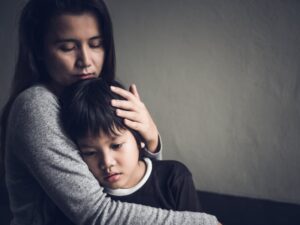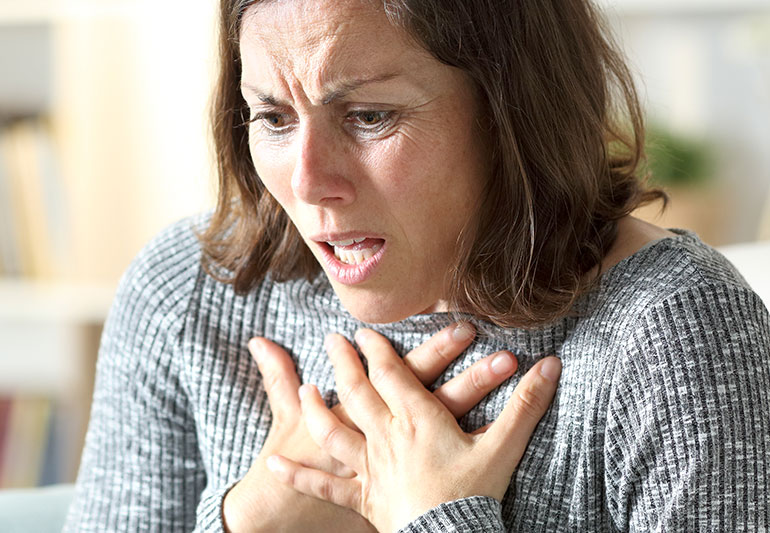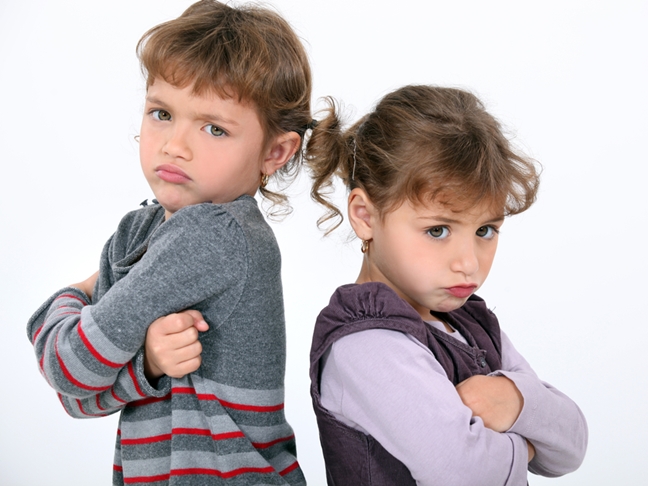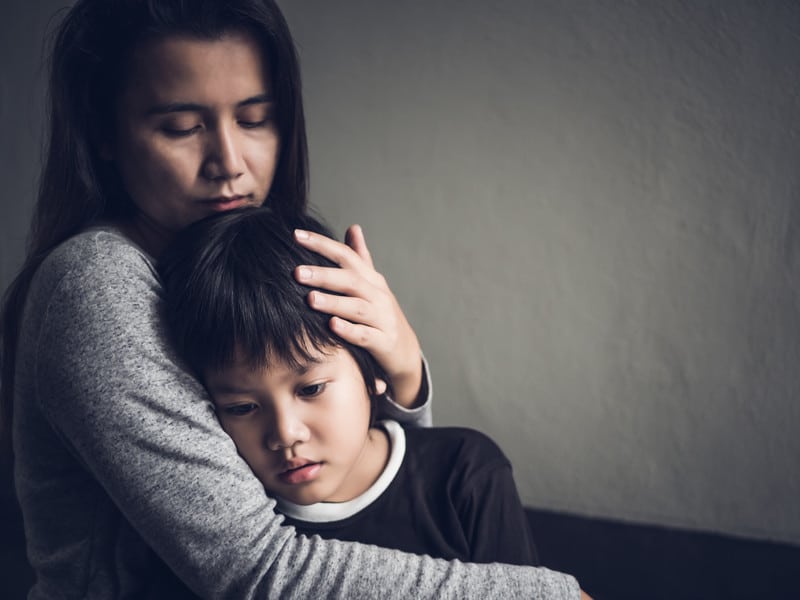What is trauma-informed care? Trauma-informed care was started in 1992, but in 1998 it began to take strength with “women, co-occurring disorders and violence study sponsored by the SAMHSA (Substance abuse and mental health services and administration). Which integrated the service system for women with substance abuse and disorders and mental health illnesses who had been victims of violence and trauma.
SAMHSA is in charge of improving the quality and availability of treatment and rehabilitation services to reduce illnesses, death, disability, and the cost to society resulting from substance abuse and mental illness. SAMHSA reports directly to the U.S. Department of health and human services. This is a Federal agency.
The effects of trauma can be traumatic within itself. Its effects of trauma go far beyond its psychological and physical effects, it doesn’t only affect us emotionally, mentally, and physically, it changes all who are affected. 95 million people this only includes just people here in the United States that are affected with trauma and its effects each of us in a different way.
How it affects a person differently from one to another is still a mystery, It is very complex, it depends on many other factors as well., including the resources of each individual.
Trauma in childhood experiences is more severe and it affects the child’s mental and emotional development and its lasting effects on their health and their well-being in their adult life.
Survivors of trauma are at times unconsciously or at times consciously “triggered” by anything that could remind the individual of the event and reacts unknowingly and reacts to the feeling of being unsafe. Trauma-informed care gives the traumatic skills to the power imbalance between the triggering of the person’s anxiety and its effects.
The therapist presents a practical model of care and coping skills to deal with triggers. This gives the individual more excess to the balance of some other feelings of been unsafe, in danger, and the needed knowledge of self-care and empowerment.
Trauma-informed care has been defined as a strengths-based service delivery approach in which is it is an understanding of responsiveness in trauma. It gives attention to the impact of the emotional safety of both providers and survivors which allows them to rebuild with a sense of control and empowerment.
Trauma-informed care creates a healing environment for everyone who cares to be involved. This program is for everyone. Many care providers and staff, including all other co-workers, are all trained in this program because anyone can be affected by many forms of trauma a shared aspect relating an understanding for all.
Health care staff and therapists can teach calming techniques and breathing exercises. A child can use the example of blowing soap bubbles, I use this method to assist with children, very successful, I use the soap bubbles in other healing modalities as well.
Practicing some of these exercises can help us personally, in our hectic working world. Practicing mindfulness and staying in touch with our thoughts, our feelings, our breathing and utilizing some of these exercises, we can lessen our symptoms of trauma and manage our stress.
Trauma is a universal human experience, but more prevalent in other populations around the globe. Especially in children, all children in which the health problems start in some cases in adulthood.
Trauma-informed care holds promise for providing and improving health outcomes and better results. Including breaking the cycle of intergeneration of trauma. Those who utilize this program can improve their lives by intricating the lessons and tips provided in these programs. They come with experts and well-trained health professionals, co-workers, and staff. Many blessings to everyone.
God Bless







